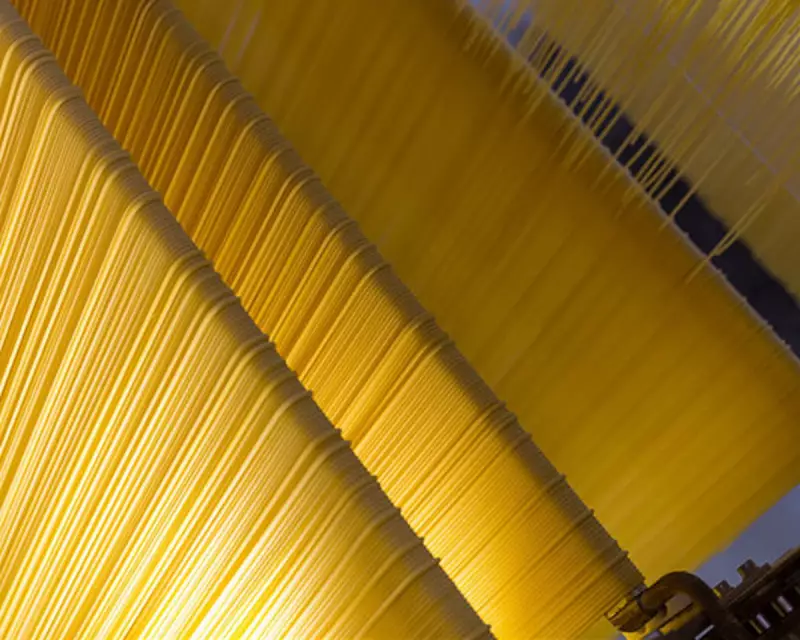
The Italian pasta industry is facing what producers are calling a "catastrophic blow" as former President Donald Trump's proposed 25% tariffs threaten to devastate centuries-old family businesses and disrupt the global pasta market.
A Bitter Taste for Italy's Culinary Crown Jewel
Italian pasta makers, from small artisanal producers to major exporters, are sounding the alarm as Trump's protectionist trade policies target one of Italy's most iconic exports. The proposed tariffs would apply to all pasta imports into the United States, potentially pricing authentic Italian pasta out of reach for American consumers.
Family Businesses on the Brink
"This isn't just business—it's our heritage," explains Riccardo Felicetti, president of the Italian pasta makers' association. "Generations of families have dedicated their lives to perfecting the art of pasta making. These tariffs could erase that legacy overnight."
The impact extends far beyond financial losses. Many producers fear they may be forced to:
- Lay off skilled workers who have spent decades mastering their craft
- Reduce production volumes dramatically
- Consider relocating operations outside Italy
- Face potential business closures after generations of operation
The Ripple Effect Across Global Markets
The proposed tariffs come at a particularly vulnerable time for the European Union's agricultural sector. Italian producers had already been preparing for potential trade disruptions, but the scale of Trump's proposed measures has taken the industry by surprise.
Quality Versus Cost: The American Consumer's Dilemma
With the United States representing one of the largest export markets for Italian pasta, the 25% price increase would fundamentally change consumer behaviour. American pasta lovers may be forced to choose between paying premium prices for authentic Italian products or switching to cheaper domestic alternatives.
The timing couldn't be worse, with many producers still recovering from pandemic-related disruptions and facing increased energy and raw material costs. The combination of these factors creates what industry experts are calling a "perfect storm" for Italy's pasta sector.
Beyond the Plate: Cultural and Economic Consequences
This trade dispute represents more than just economic protectionism—it strikes at the heart of Italian cultural identity. Pasta making is deeply woven into Italy's national fabric, with regional varieties and production methods protected by law and cherished by communities across the country.
As one producer starkly warned: "If these tariffs go through, Americans may soon find that true Italian pasta becomes a luxury item rather than the everyday staple they've come to love."
The coming months will be critical as Italian trade representatives prepare to negotiate with US officials, hoping to preserve both their economic interests and a culinary tradition that has fed the world for centuries.




